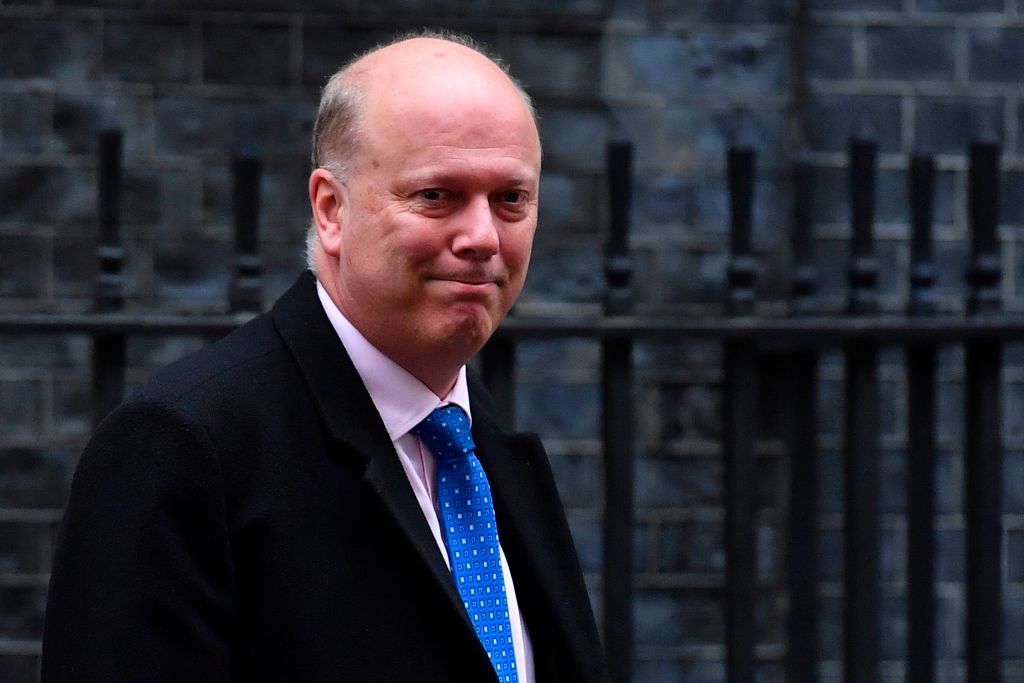Theresa May has said the collapse of Carillion is ‘extremely regrettable’. But with tens of thousands of jobs at risk and the firm’s numerous contracts now in jeopardy, ‘it is worse than that’, says the Times. The paper argues that the outsourcing giant’s ‘failure calls into question the government’s ability to agree and manage contracts with such companies’. It also raises another question: why did ‘ministers fail to anticipate this fiasco’? After all, the firm’s troubles were no secret: Carillon has issued a number of profit warnings and hedge funds have been betting against the firm for a number of years, the Times points out. Despite this, ‘Carillion was contracted to maintain nearly half the country’s prisons, manage 11,800 NHS hospital beds and build new facilities for the Ministry of Defence’. And when they should have been ‘limiting taxpayers’ exposure to Carillion, ministers increased it’, argues the Times. The paper concludes its editorial by saying the government appears to have tried to ‘avert disaster by shovelling more public money towards a company that was already doomed’. Now, its only hope is that ‘there are no more Carillions lurking over the horizon’, concludes the paper.
The Sun goes further in its editorial, suggesting the Carillion affair ‘is a catastrophic failure by politicians’. But despite this ‘fiasco’, the paper says it is sceptical ‘a soul will ever be held to account’. Some of the blame must lie with Chris Grayling, suggests the Sun, which points out that the transport secretary ‘gave Carillion another HS2 contract even after a profit warning last July’. For all Labour’s criticisms of the government, they too must shoulder some of the blame: ‘only a week ago Labour-run Leeds Council picked it for another £14million deal’. It is right that the government has refused to step in to bail out Carillion. But what is not right is for the firm’s former boss Richard Howson ‘to keep his vast payoff’, says the Sun. ‘On his watch shareholders were paid dividends despite a gaping hole in the staff pension fund,’ the paper points out. ‘When failing executives get unjust deserts…capitalism gets a bad name’, says the Sun, which argues that those in charge of the doomed firm ‘must..be held liable’. ‘So must ‘those in Whitehall who handed it new contracts long after it was safe,’ concludes the Sun.
Carillion’s collapse is ‘unfortunate, but not unusual’, says the FT, which suggests the firm’s ‘aggressive’ bidding on ‘big contracts left little margin for error’. But Carillon’s demise is not merely the fault of those in charge of the company. It is clear, argues the FT, that the company’s liquidation ‘was a government failure, too’. Of course, the government could simply be guilty of having failed to spot that ‘it had partnered with a bad business’. Yet this seems difficult to believe and ‘protests of innocence on the part of the government have not met a sympathetic audience’, argues the FT, which points out the repeated profit warnings issued by the firm and the departure of its chief executive last year. With this in mind, ‘it is hard not to suspect incompetent contracting by the government’. But even this messy debacle does not mean privatisation more generally is ‘failing the British people’, says the paper. However, there does need to be changes about the way outsourcing contracts are managed and ‘clearer rules about what happens when contractors fail’. What’s more, ‘responsibility for outstanding contracts and pension deficits must be laid out much more clearly in advance’, says the FT, in order to avoid a repeat of the woes now facing those caught up in the collapse of Carillon.







Comments